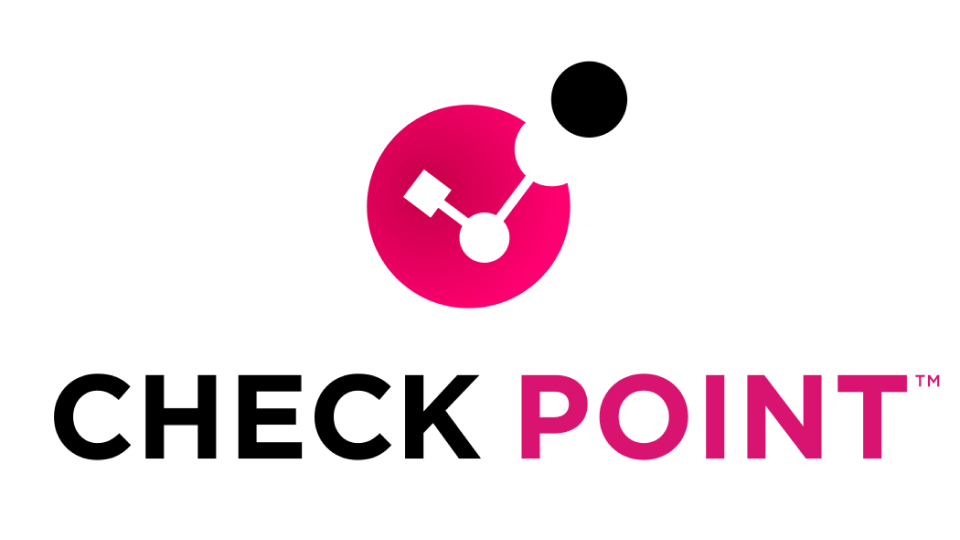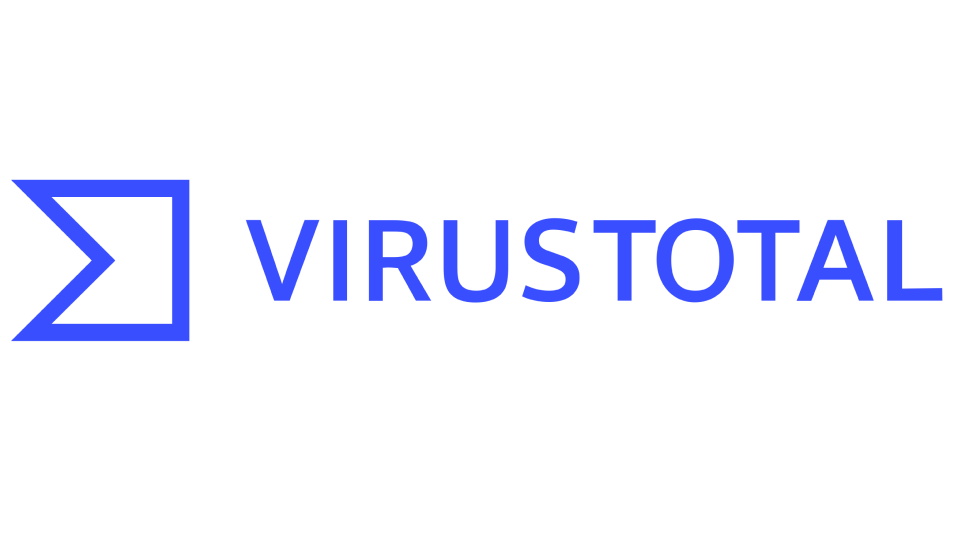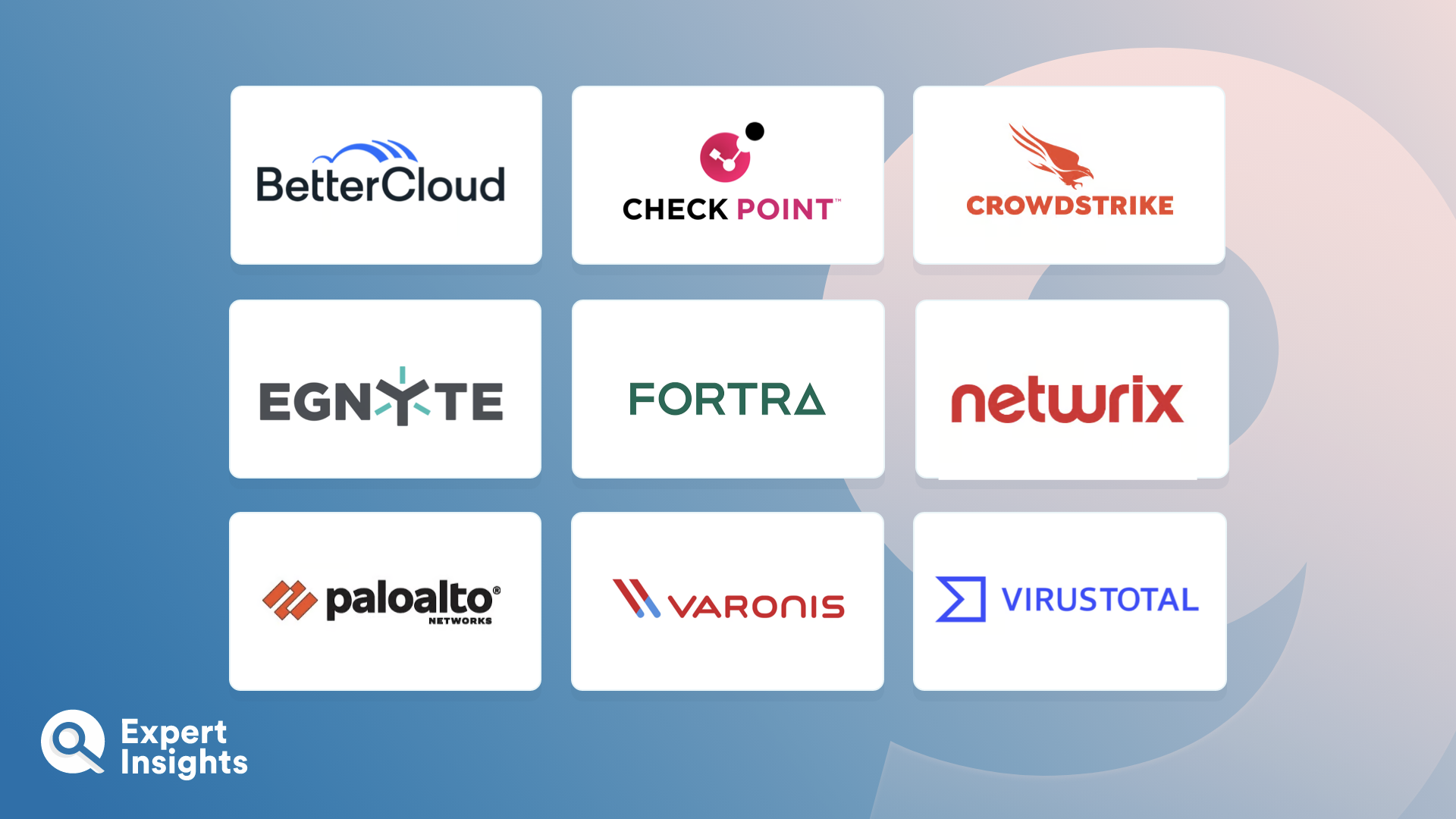File analysis software allows organizations to enhance data management through advanced categorization, classification, and analytics. This type of software can accurately determine the location, security, usage, and redundancy of data across a vast range of file types. Subsequent analysis can provide crucial insights regarding data usage patterns, anomalies, compliance vulnerabilities, and opportunities for efficiency optimization.
File analysis software is commonly utilized by IT administrators, data governance committees, and data operations teams to track and manage digital assets, ensure regulatory compliance, carry out data clean-up operations, and aid in the migration of data to new systems or platforms. As part of a comprehensive data management strategy, file analysis tools can support efforts to streamline data processing and storage, safeguard sensitive information, and identify areas for cost reduction.
As data is rapidly increasing in volume, the role of file analysis software has become more important, resulting in a highly competitive market. This guide will aim to aid in the selection process by evaluating the top file analysis software providers based on their offerings, customer feedback, and our own technical assessment.















